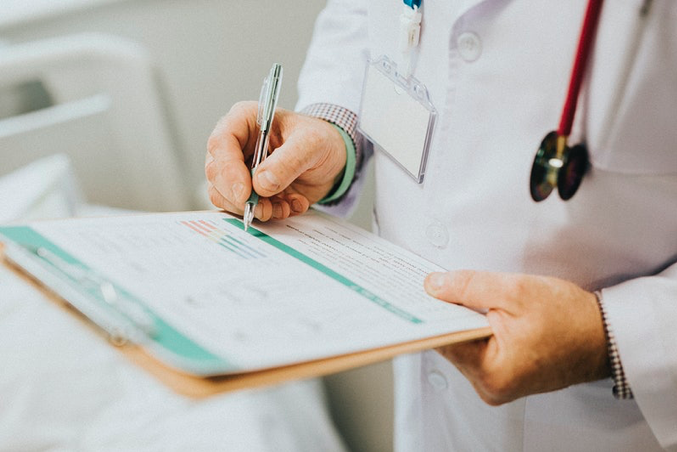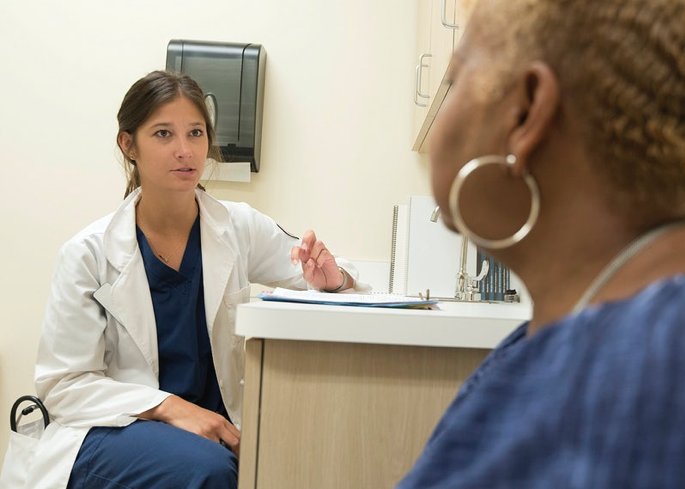There are many diseases that a person can develop or contract today. You should know who to look for when it comes to a specific disease. For instance, if you are going through a severe heart condition, you would need to consult a heart specialist. But who would you consult if you face any problem associated with the urinary tract system? The answer is a urologist.

(Source)
Today, we will discuss what urology is and why it is important to find the right urologist. Urology is mostly known as genitourinary surgery and is the field of medicine that concentrates on surgical and medical diseases of both male and female urinary tract system and the reproductive system of males.
Urologists are among the most important healthcare professionals. But how do you know if you are consulting the best urologist?
Who is a Urologist?
They are medical professionals who specialize in specific diseases associated with urinary healthcare in both males and females. They are specialists who diagnose and treat these specific problems through different procedures such as surgeries.
What Makes a Urologist Successful
First, urologists must have the required qualification, training, and expertise. However, they must also have command over soft skills. In order to become a successful urologist, they must be very attentive, be able to process strong details, and have the ability to solve problems.
These particular set of skills help a urologist to understand what the patient is saying and can underline the type of diseases the patient might be going through. Having proper analyzing skills can help urologists determine what type of examination or diagnosis, a patient must consider.
Alertness
A urologist must be present not only physically but also even mentally and emotionally around the patients. This is the only way they can fully understand the patient’s situation. Time management is another aspect a urologist must have as the relationship between patient and urologist can vary. Some might go through a long process, while some might have a shorter one. In each case, a urologist should be able to give each patient time relatively.
Strong Personality/ adaptability
A good urologist is one who is willing and determined to learn and become a urologist. This is because urologists never stop learning. The process of learning keeps on continuing as the years go by. Not only do they have to go through medical school and other training programs, but they must stay up to date with the trends and technological advancements that may change treatment procedures.

(Source)
Other than being keen to learn, a urologist needs to have the ability to offer compassion and allow patients to feel relaxed, especially when they are talking about issues that they might deem as embarrassing.
Hard Working
Urologists must be not only compassionate but also hardworking, as the job of a urologist requires them to work irregular and long hours, sometimes two to four days per week. On average, urologists cater to the needs of 50 to 100 patients per week.
Besides, in cases where they need to be in the operating room can result in longer hours of work. Most urologists spend half of their days in the operating room treating all sorts of conditions. Sometimes they are only able to treat one patient or perform one surgery if the patient’s condition is complex or severe.
They must be hardworking and willing to spend a lot of time working to become a good urologist.
What Should You Seek In Your Urologist
The conditions related to your urological system and reproductive organs tend to stay around for a longer period. Thus, this means a patient may have to seek advice and regular checkups from their chosen urologist quite often, building a long relationship between the patient and urologist.
Therefore, the question arises what makes a urologist good for you. Well, the answer is simple. If you find a urologist who is always asking questions about how you feel and shows signs of sympathy, they are the best for you. You do not want someone who just looks at your results and gives you the relevant news.
Urologists become your primary care doctor. Thus, they must understand your condition and give you personal attention.
Conclusion: What Makes the Best Urologists?
Urinary tract infection, enlarged prostate gland, kidney stones, overactive bladder, etc. are painful conditions that can lead to other complications. Urologists have become important medical professionals for both men and women dealing with urological issues. If you are looking for the best urologist, Fifth Avenue Urology has you covered.
Our urologists have the qualification, expertise, and skills to treat all your problems. Plus, they offer compassion and utmost care to each patient individually. You can visit our website and contact us today to schedule an appointment.
 Dr. Larish is a urologist and surgeon treating women and men with a variety of urological conditions. His expertise is in treating complex kidney stones, enlarged prostates (BPH), incontinence, erectile dysfunction, infertility, and urological oncology (prostate, bladder, kidney, and adrenal cancers). He is an expert in general urology and is often consulted for second opinions.
Dr. Larish is a urologist and surgeon treating women and men with a variety of urological conditions. His expertise is in treating complex kidney stones, enlarged prostates (BPH), incontinence, erectile dysfunction, infertility, and urological oncology (prostate, bladder, kidney, and adrenal cancers). He is an expert in general urology and is often consulted for second opinions.







 Considering the reputation of the hospital is necessary for you to determine how urologists treat patients there. It includes pre and post-surgical care, professionalism of the staff and other services. A high-quality hospital pays attention to factors like these that result in fewer complications and an increased rate of survival.
Considering the reputation of the hospital is necessary for you to determine how urologists treat patients there. It includes pre and post-surgical care, professionalism of the staff and other services. A high-quality hospital pays attention to factors like these that result in fewer complications and an increased rate of survival.



